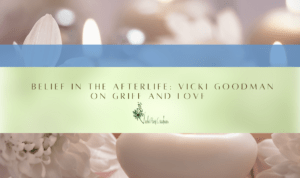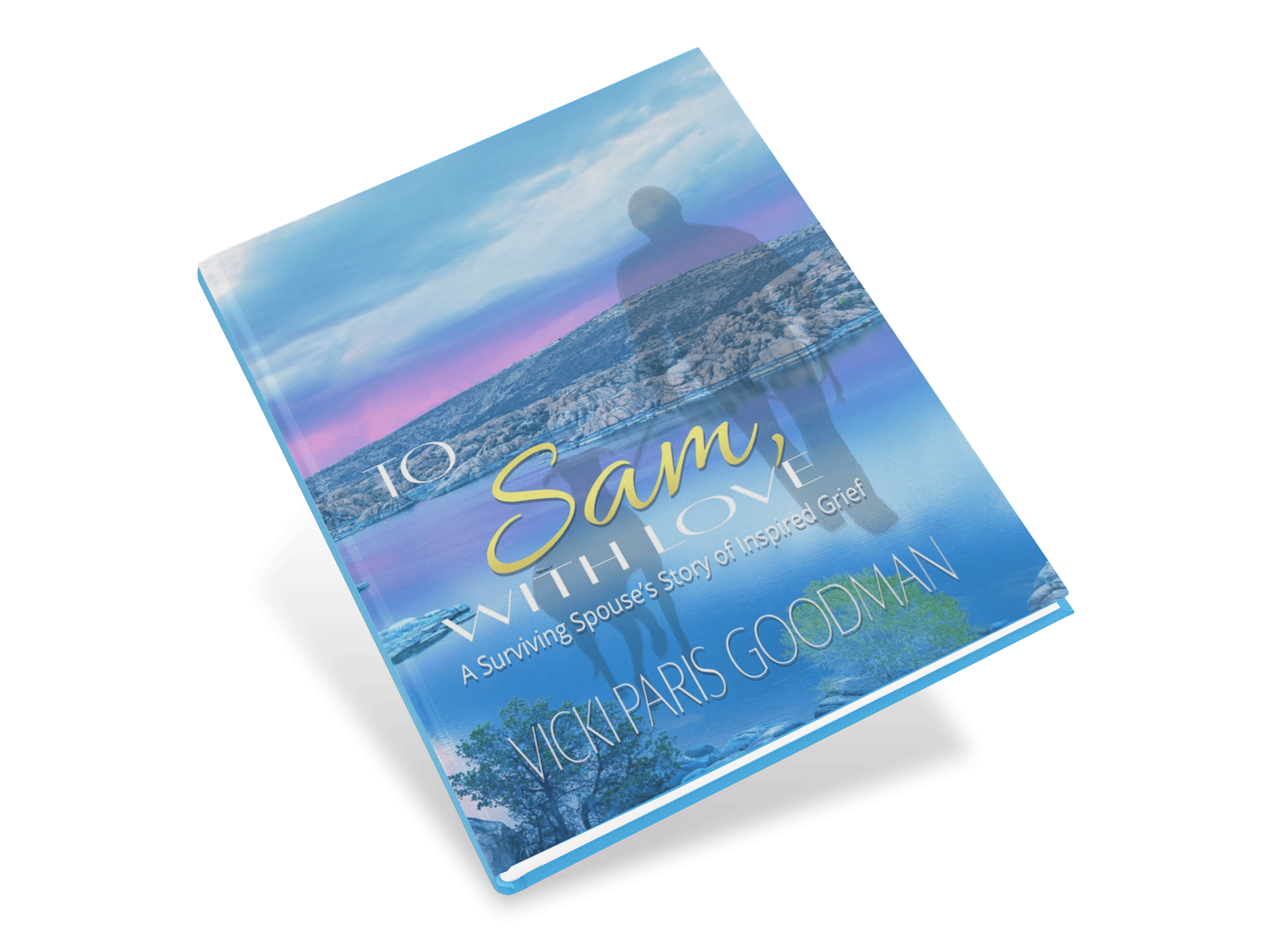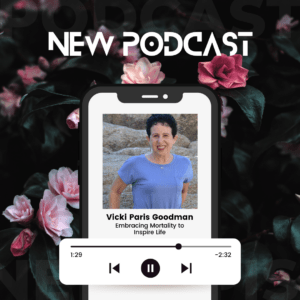
When my experience defies conventional thought, I write a book…
What If Death Isn’t Tragic?

What if the death of a spouse, or any death, isn’t tragic? Stay with me here.
What if the way we’ve been conditioned to think of death is nothing more than a cultural construct?
What if we can think of death in a way that makes it a neutral event in our lives, even a good one? What if it isn’t even an event worthy of our grief?
I wrote To Sam, With Love after my wonderful husband Sam died so that others experiencing grief might be helped and guided by the inspired revelations I experienced after losing him. At the time, I didn’t know the insights would continue to reveal themselves. Perhaps the most extraordinary of these more recently conceived notions is the realization that death need not be thought of as a negative. I guess I’d better explain…
Writing for Psychology Today, Robert Lanza persuasively states, “We believe in death because we’ve been taught we die. Also, of course, because we associate ourselves with our body and we know bodies die. End of story. But…death may not be the terminal event we think.”
Exactly.
So, does this mean a person must have faith in God and a spiritual belief in the afterlife to see death in a more positive light? Yes, I think so.
But the good news is, there is ample evidence of an afterlife. Most of it comes from the near death experiences of countless individuals whose glimpses “beyond the veil” are curiously, and reassuringly, similar. It shouldn’t be a stretch for most people to have increased faith after hearing and reading these accounts.
According to Eben Alexander, who authored Proof of Heaven, and who received several citations in To Sam, With Love, “The brain itself does not produce consciousness. That it is, instead, a kind of reducing valve or filter, shifting the larger, nonphysical consciousness that we possess in the non-physical worlds down into a more limited capacity for the duration of our mortal lives.”
Precisely.
In other words, a book such as Proof of Heaven, plus a multitude of other near-death experiences all relating virtually the same details, offer convincing evidence leading us to the faith we seek and should even, theoretically, preclude our grief.
Why fear death if what comes afterward is far greater than life on Earth? And why grieve if a loved one, even a beloved spouse, gets there before we do? After all, we’ll be with them again in the end.
With these “truths” in mind, perhaps we surviving spouses can bring ourselves to a place of renewed contentment while we await our turn to “transition.”
Food for thought? I hope so. The implications are enormous.



